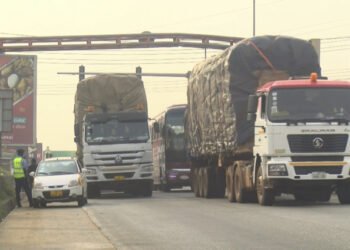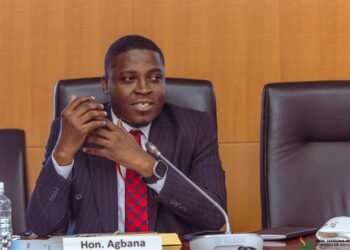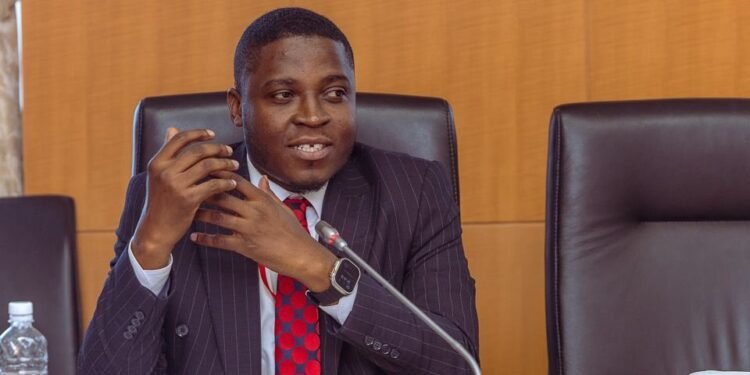As the AI Seoul Summit kicks off, a collective of the world’s foremost AI scientists has issued a stark warning to global leaders: urgent and stronger actions are needed to mitigate the risks associated with artificial intelligence.
The call comes amid concerns that progress has been insufficient since the first AI Safety Summit held in the UK six months ago.
The summit’s opening on today will be marked by a virtual meeting co-hosted by UK Prime Minister Rishi Sunak and South Korean President Yoon Suk Yeol. Prime Minister Sunak is expected to emphasize that managing AI risks represents “one of the most profound responsibilities” for contemporary governments.
Despite these high-level discussions, a new consensus paper published in the journal Science by 25 leading AI scientists argues that governmental efforts to regulate the swiftly advancing technology have been inadequate. The paper stresses that, since the previous summit, there has been a troubling lack of significant progress in developing effective regulatory frameworks.
The scientists highlight the pressing need for world leaders to acknowledge the potential emergence of more powerful general-purpose AI systems within this decade or the next. These advanced AI systems could surpass human capabilities in a variety of tasks, posing unprecedented challenges and risks. The experts urge a proactive and accelerated response to ensure these technologies are developed and deployed safely.
Professor Philip Torr, Department of Engineering Science, University of Oxford, and co-author on the paper, said “The world agreed during the last AI summit that we needed action, but now it is time to go from vague proposals to concrete commitments. This paper provides many important recommendations for what companies and governments should commit to do”.
In the paper, the experts say rapid-response institutions for AI oversight must be established, with far greater funding than many governments currently plan, while also mandating more rigorous risk assessments with enforceable consequences, rather than the current model of voluntary, unspecified evaluations.
A Clarion Call for More Robust Regulatory Approach
The consensus paper serves as a clarion call for a more robust regulatory approach, advocating for measures that can keep pace with the rapid technological advancements. The scientists argue that without swift and decisive action, the potential risks of AI could outstrip the benefits, leading to scenarios that might be difficult to control.
The experts include Turing award winners, Nobel laureates, and authors of standard AI textbooks, and hail from major AI powerbases including the UK, US, China and the EU.
Stuart Russell, professor of computer science at the University of California at Berkeley, and author of a textbook on AI, said, “This is a consensus paper by leading experts, and it calls for strict regulation by governments, not voluntary codes of conduct written by industry”.
“It’s time to get serious about advanced AI systems. These are not toys. Increasing their capabilities before we understand how to make them safe is utterly reckless. Companies will complain that it’s too hard to satisfy regulations — that ‘regulation stifles innovation’. That’s ridiculous. There are more regulations on sandwich shops than there are on AI companies.”
Stuart Russell
Ahead of the summit, the first iteration of a new scientific report on AI safety – the first of its kind and commissioned at the AI Safety Summit in November found the experts involved to be uncertain on the technology’s future.
As well as highlighting the potential benefits and risks, it warns there is not universal agreement among experts on a range of topics around AI, including the state of current AI capabilities and how those could evolve over time, and the likelihood of extreme risks – such as losing control over the technology occurring.
The interim report is set to be used as a starting point for discussions among world leaders, industry experts, researchers and tech giants at the latest two-day summit in Seoul.
READ ALSO: Ablakwa to Sponsor Bill to Prevent Politicians from Acquiring State Assets



















